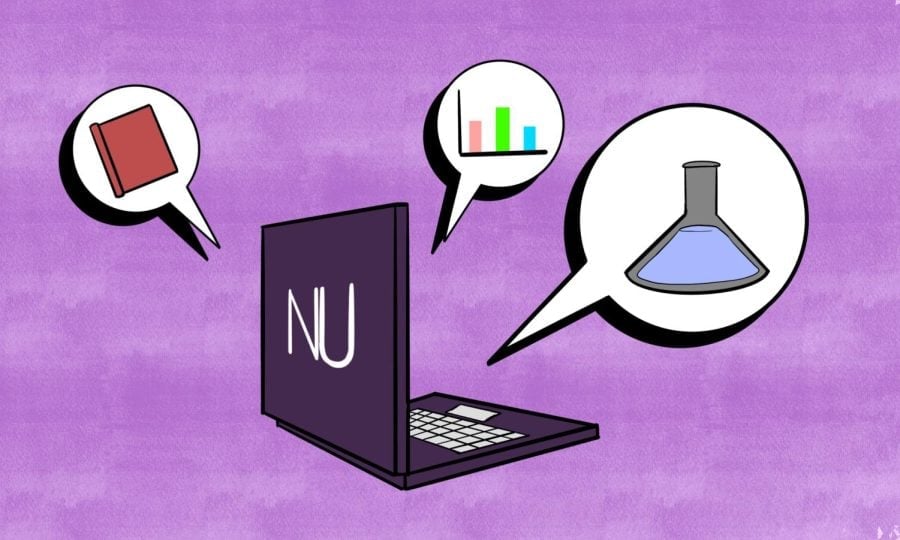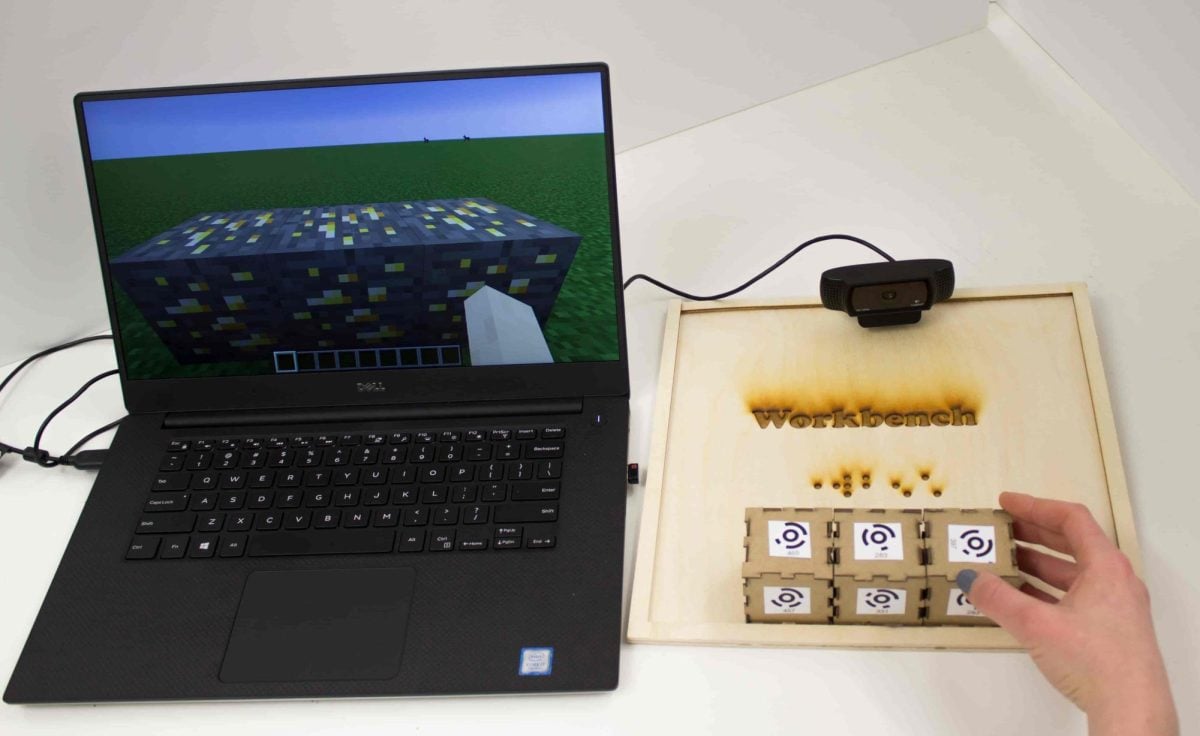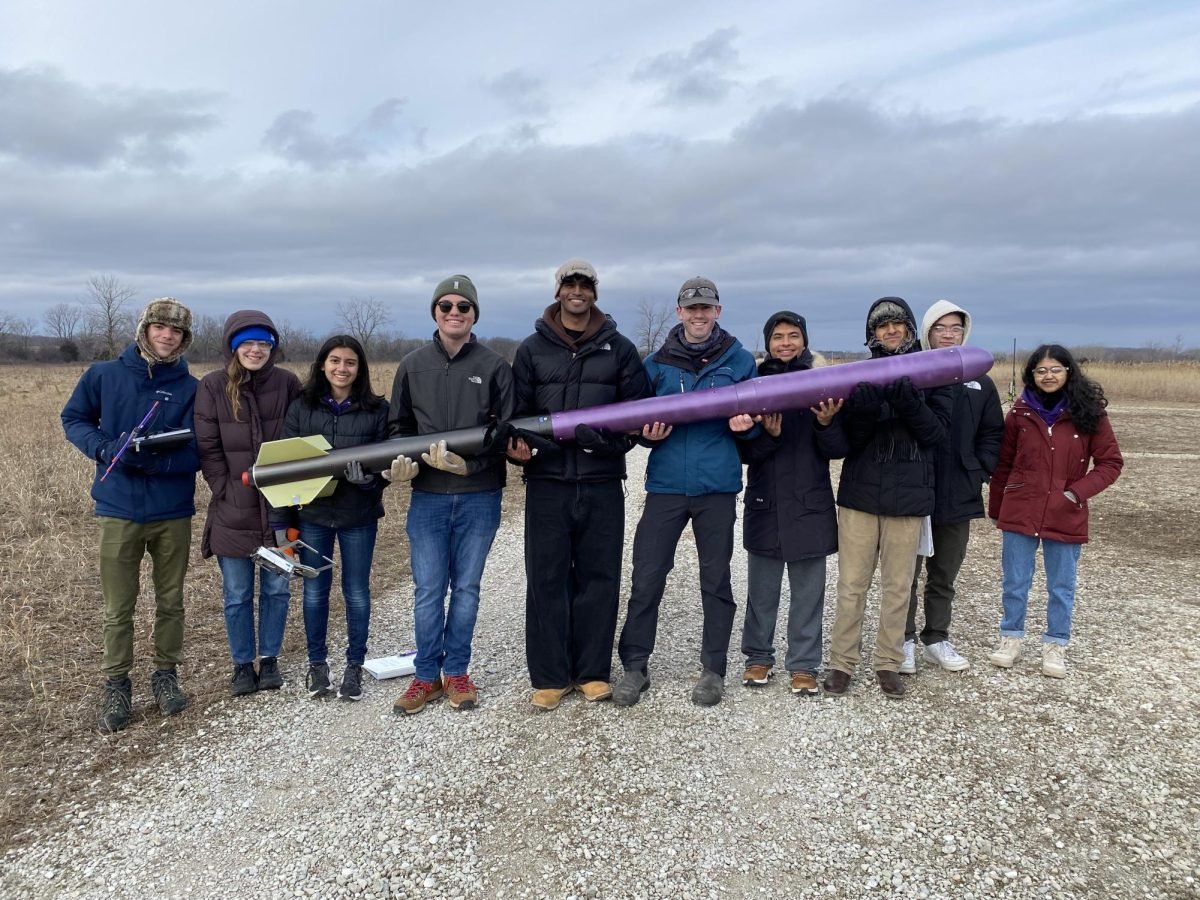The Initiative for Sustainability and Energy at Northwestern hosted a panel-led discussion on consumer engagement in smart grid technology in Chambers Hall, 600 Foster St., on Wednesday.
The panelists represented a variety of institutions involved with smart grid technology, including private and public industries and academia. The discussion focused on the benefits and difficulties of implementing the smart grid with regard to consumer adaptability. Commonwealth Edison recently launched the pilot smart grid program, installing the technology in 130,000 homes west of Chicago. The smart grid places digital intelligence on the existing electrical grid, which helps consumers and utilities monitor energy use and share data.
“The pilot experiment demonstrated how little ComEd knew about its costumers,” said Val Jensen, vice president of marketing and environmental programs at ComEd. “The important thing about the smart grid is that it forces a transformation with the customer. The technology becomes especially powerful when it enables the customer to be part of the process.”
Implementing the smart grid would also provide mobile data to better identify and address power outages. However, successful implementation of the smart grid relies heavily on customers reducing energy consumption by monitoring their usage.
“I think smart grid technology is obviously the next step towards improving home energy efficiency at a corporate level, but at the same time you lose somewhere between 75 percent and 80 percent of the energy in your house to heat loss and inefficient infrastructure, at the level of the home,” Communication sophomore Mark Silberg said. “So while it’s easy to talk about how utilities can improve their services, it’s also very important at the individual or lifestyle level to act accordingly.”
Consumer response to smart grid technology has a measurable effect on energy use. After running the pilot program for about four months, 5 to 8 percent of the customers adapted to the technology and responded by reducing their peak demand up to 30 percent.
“We are all consumers of electricity in one way or another, and the build out of the smart grid is that even if you are not going home and actively working with smart monitoring in your house, that infrastructure is going to affect you as a consumer,” said Jeff Henderson, manager of marketing and communicationsat ISEN.
Although the University has expressed academic interest in smart grid technology, it has not yet implemented the infrastructure, Henderson said.







